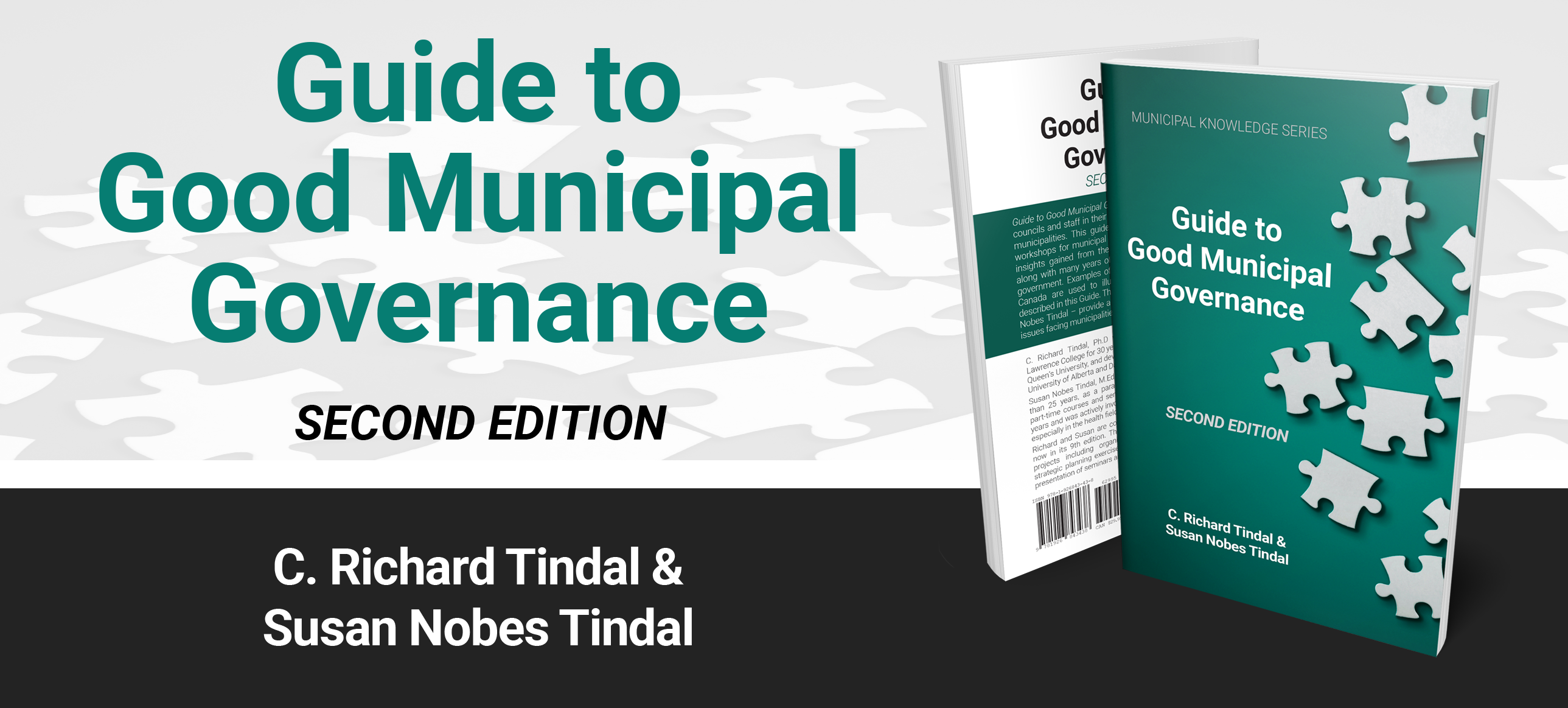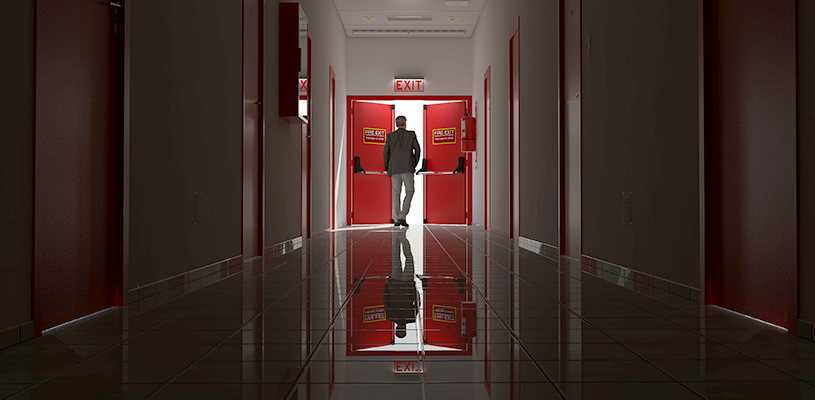OP ED: Governance in the age of COVID-19 and beyond

The COVID-19 pandemic has exposed weaknesses in a host of areas quite apart from our health care system. It has affected all aspects of our lives and presents many challenges. We all know it won’t be “business as usual” after the worst of COVID-19 has passed, so planning for our future becomes paramount.
Transparent Decision Making in Municipal Government
Twenty-nine years ago, when I first ran for local council, we had strikingly similar challenges to deal with, namely how to insure transparent municipal government decision making.
At that time, many of us successfully championed proper procedural by-laws, a question period for attendees at council meetings, and a requirement that council heads actually vote on motions and not simply break ties. In comparison to present day, all this seems quaint, but I can attest to fact that it wasn’t at the time.
Fast forward to 2020 and our current crisis. Once again, the way we conduct public business was called into question. Social distancing and suspension of business as usual immediately begged the question of how elected bodies would meet, work, and communicate. At the all levels, we were initially unprepared, but it’s fair to say we knew what needed to be done.
Remote Meetings during COVID
Councils moved quickly to adopt the tools and procedures for remote participation in council, board, and committee meetings.
One question arose immediately about whether such remote meetings could only consider business related to, or immediately arising from, the emergency.
Many councils were advised to “go slow” and “carefully,” despite nothing in the legislation or subsequent “guidance” from the province that limited the content of a council agenda. This timidity was quickly overcome as we discovered what we needed to do – and what we could do – for all the public’s business, save for addressing certain planning matters.
Remote meetings further begged the question of whether the public would somehow be shut out from such a process. This also turned out to be a non-issue, as municipalities quickly found ways to accommodate the public’s questions and delegations.
If council meetings weren’t already being taped and broadcasted, as many are, a remotely held meeting held using online platforms could be recorded and posted to a municipal website.
Municipal Role in Providing Reliable, High-Speed Internet
The municipal sector embraced remote meetings faster and arguably more effectively than senior orders of government. This is something we should be proud of and adapt going forward.
All of this, of course, presumes a solid high-speed internet and wireless experience. The inadequacy of this, especially in rural areas, has been laid bare by this crisis.
Bandwidth, already dubious in many places and stretched to its limits, has necessitated bandwidth throttling. Sometimes our internet simply crashes or does not work to begin with.
Municipalities must redouble their efforts to convince the federal and provincial governments that the existing patchwork of programs and grants directed toward improving wireless and internet services needs a serious rethink.
The tools exist to insure providers expand and improve internet and wireless service to the benefit of under-serviced rural areas, not just already well-provisioned urban areas. We just aren’t creatively applying them.
Access to government monies without adequate performance measurement or awards of wireless spectrum, with few if any conditions, is no longer acceptable. Hopefully providers are learning through this experience along with their users.
Improvisation, Communication in Local Government
Challenging times force us to rethink about how we do business. Nimble improvisation was the only thing that kept us going, but it often flew in the face of how we are still expected to operate.
I left municipal life 17 years ago, returning in December 2018 to a new world of constraints on communication with my colleagues.
Confusing and often contradictory jurisprudence regarding when a “meeting” is not a “meeting” or where we improperly materially advance the business and decision making of council has hamstrung free flow of ideas amongst elected local officials.
The adjudicators of these questions do good work, but there must be times they relate to medieval philosophers debating how many angels can dance on the head of a pin.
If ever there was a time to communicate, it’s now.
The focus needs to shift to what really matters. The sin should not be that we exchange ideas, information, or even float “trial balloons” among ourselves; it’s that we have not found a way to share these communications with the public or bring people into the discussion. This can be fixed.
Across Canada, it is generally enshrined in legislation and practice that public has the right to observe municipal government in process. But, in comparison to other orders of government, irony abounds.
Consider the following:
- Council business and decision making is materially advanced all the time by communication between heads of council and staff over, among other things, forthcoming meeting agendas.
- Federal and provincial government “process” is anything but open and transparent, with cabinet secrecy and solidarity reigning supreme.
- Provincial legislatures think nothing of imposing strictures on their “creatures” (i.e., municipalities while creating loopholes or complete exemptions in Freedom of Information legislation as it applies to the provincial governments and legislative assemblies).
Double Standards of Transparent Communication
We need to learn from our COVID-19 experience and be guided by Justice Louis Brandeis admonition that: “Sunlight is said to be the best of disinfectants …”
The crisis brought on by COVID – 19 teaches us that all orders of government must become more transparent.
There is no longer room for double standards as they previously applied to municipalities insofar as communication is concerned.
Again, we need to find new ways of encouraging open and accessible communication among elected representatives. Absent this, we cede the ability to freely communicate about ideas, information, and solutions exclusively to staff.
Remote meetings should be an option in the future and not just tied to emergencies or physical quorum requirements.
Moreover, broadcast and recording of council, board, and committee meetings hopefully becomes the norm. In this way, the public can truly observe municipal government “in process.” Not everyone can conveniently attend our meetings in person to observe, ask questions, or appear as delegations.
Test Norms, Become Flexible and Innovative
Governing, indeed simply surviving, during the age of COVID-19 is a challenge. It has tested norms and forced us to be more flexible and innovative. Government’s challenge is to learn from this experience and build upon it. MW
✯ Municipal World Insider and Executive Members: You might also be interested in the article: Communicating in the midst of a global pandemic. Note that you can now access the complete collection of past articles (and more) from your membership dashboard.
John Creelman is currently Deputy Mayor of the Town of Mono and a former mayor, county warden, and Justice of the Peace.
Related resource materials:



